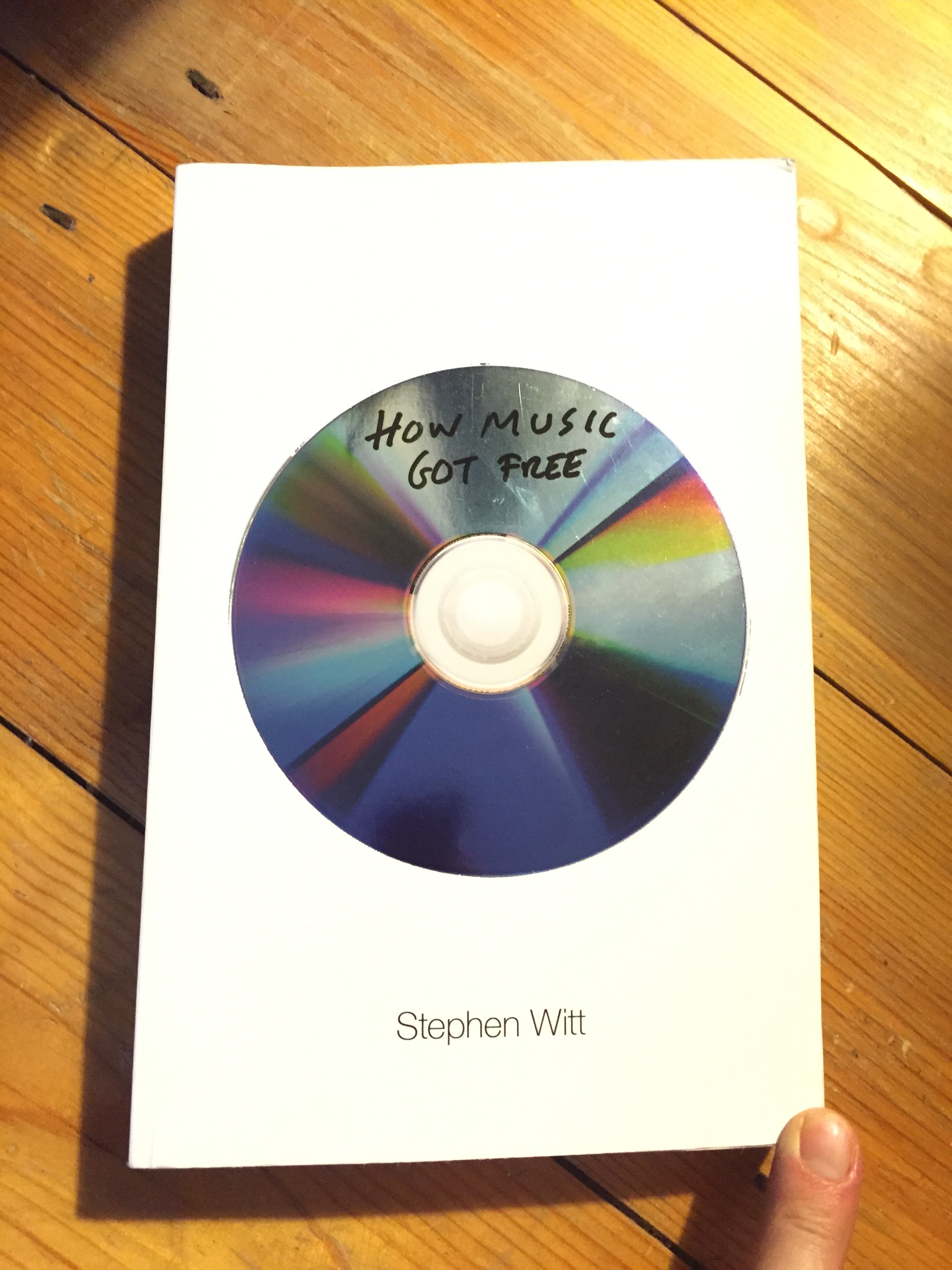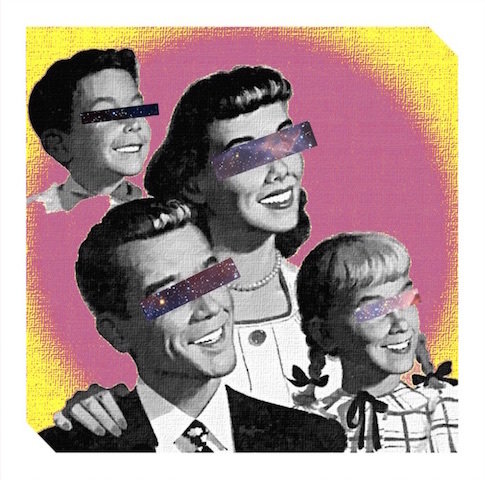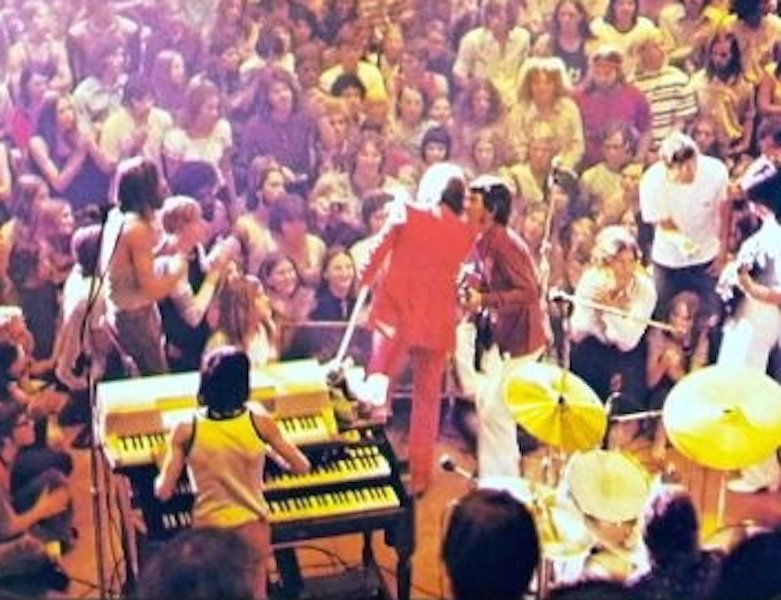Stephen Witt
How Music Got Free
Vintage

Oh I liked this one. This is three intertwining stories - that of Karlheinz Brandenburg creator of the mp3 format, Dell Glover a CD factory worker and music pirate and finally the music industry legend Doug Morris. The three stories link together over time to explain that point when we all went nuts (well I didn’t honest guv) accessing all the music we wanted via the internet.
Karlheinz Brandenburg’s advisor in his research was one Dieter Seitzer. Seitzer’s thesis advisor (bear with me) was one Eberhard Zwicker who was the creator of a discipline called psychoacoustics which basically means the study of the way humans perceive sound. Zwickers chief findings were that the ear is an adaptive organ that hears and interprets language and also is an early warning system against us being eaten by large mammals. That, in a nutshell, is it.
Seltzer took this and ran with it with the end result being that he realised that most of the data on a CD was irrelevant to the human ear and thus could be discarded. He was quite ahead of his time on this one but in 1995 he applied for patent for a digital jukebox that would deliver music down a telephone line which as you’ve probably clocked already is basically Spotify. I mean he’s no Leonardo Da Vinci with his helicopter in the late fifteenth century but its still pretty forward thinking. Anyway, from here Brandenburg takes Seitzers work and pushes it on. Seitzer knew that it took 1.4 million bits to store a second of music on a CD, he wanted to do it with 128,000. The first song he managed to encode correctly in the mp3 format? Suzanne Vega’s ‘Tom’s Diner’. Imagine having to listen to that on loop. Must have driven him nuts. Point is, it doesn’t take a genius to then see that from there it was a few short / long steps to us all buying iPods and walking round with thousands of songs to hand. That is just a third of the story here.
Dell Glover, factory worker at a CD plant, made cash on the side pirating CD’s of that first wave of gangster hip hop in his local town. Basically a low grade drug dealer with the goods being burnt CDs with a tower of burners in his house keeping the business running. Soon enough he’s hooked up with the first wave of online pirates gaining glory and enjoying the thrill of being the first to leak highly anticipated albums online.
The final part of the story is that of Doug Morris, known then as the most powerful record executive in history and clearly a very very smart man, both in the way he moves around the industry and creating deals to line his already lined nest but also by the way he spotted streams of income that the industry had been unaware of. The thing I like about Morris is he knows whats important. There is a story in the book where he goes to talk to the guys that dealt with shipping and distributing to certain areas to ask what was going on there and what was selling. His management team would ask ‘why do you go and speak to them’ but its from here that Morris saw what was shipping in huge numbers in particular places and in turn signed some of those southern hip-hop acts that went on to see millions (Ludacris etc). Anyway, sitting with his teenage grandsons bedroom one day in his room Morris asked him to show him where he got his music. The kid put on YouTube and started playing 50 Cent’s ‘In Da Club’. You have to remember at this time that music videos were promotional but Morris saw the ads around them and went straight to work on Monday and the game changed forever. “Doug that tracks five years old and we give those videos away as promo!’. ‘Not anymore we don’t’ and form here YouTube became hugely important to the music industry.
So, somewhere in these three threads Stephen Witt tells the story of how the music industry changed forever and why we all had hard drives full of mp3s. It could have been super boring. It really isn’t. Highly recommended.


